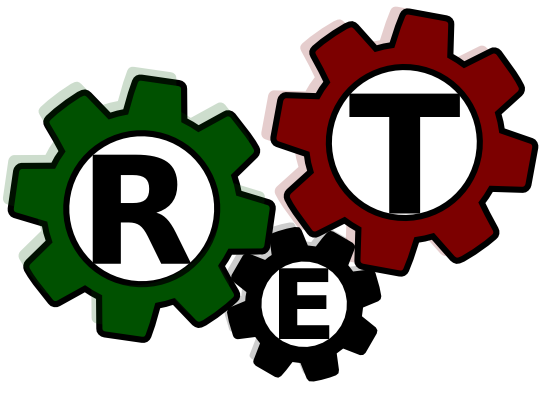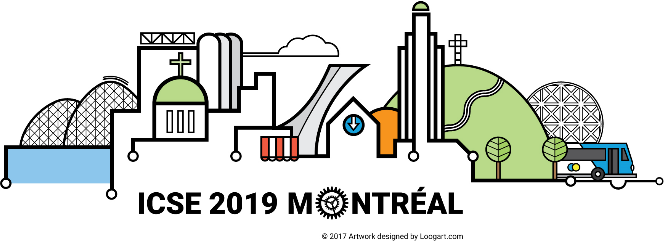Call for Papers
The objective of the RET workshop is to explore the interaction of Requirements Engineering (RE) and Testing, in research and industry, and the challenges that result from this interaction. RET provides a forum for exchanging ideas and practices for aligning RE and testing, and helps foster industry-academia collaboration. The workshop encourages participant interaction through "X-ray" sessions designed to facilitate conversation between workshop audience and presenters through tool demonstrations, surveys, tutorials, and interactive debate. Submissions should either discuss challenges involved in RET alignment, or propose approaches on how to best align RET. This can include processes, practices, artifacts, methods, techniques, tools and softer aspects like communication between roles in the development lifecycle. We particularly encourage submissions from industrial practitioners or those working with industrial partners.
Topics of Interest
RET'19 solicits papers that discuss both RE and Testing aspects, and the interaction between them. The list of suggested topics is based on the mapping exercise conducted during RET'14:
- Processes and practices for supporting RET alignment
- Requirements-based testing processes and techniques, e.g. optimizing testing according to requirements prioritization
- Testability of requirements, impact of requirements quality to test quality
- Model-based testing, test-driven and behavior-driven development
- Traceability between requirements and tests, also including requirements evolution and regression testing
- Metrics for assessing and monitoring RET alignment
- Context-specific RET alignment, e.g. for distributed and OSS development, continuous deployment, safety-critical systems
- RET at different phases of the development lifecycle
- Scalability of RET alignment, RET for bit data
- RET alignment for non-functional and quality requirements
- Organizational aspects of RET, including training and education
- Automation techniques to support RET (e.g. based on machine learning, information retrieval)
- Collaboration and communication between requirements engineers and testers
- "Good enough" RET alignment, balancing effort and return of investment
- Empirical research on RET alignment
- Tools supporting RET alignment, e.g. management, visualization, monitoring
Paper Formatting
We invite submission of papers of the following types:
- Technical Papers (max. 8 pages): Full papers presenting research results or industrial practices related to the coordination of Requirements Engineering and Testing.
- Position papers (max. 4 pages): Short papers introducing challenges, visions, positions or preliminary results within the scope of the workshop. Experience reports and papers on open challenges in industry are also welcome.
- Tool papers (max. 4 pages): Short papers that introduce tools supporting RET alignment. A tool paper must include either a URL to a screencast of the tool in action, or an executable version of the tool for evaluation by the program committee.
Technical papers will be evaluated with respect to the research contribution of the work, with preference being given to work that significantly relates requirements engineering and testing. Position papers and tool papers are short papers that present early results and outline challenges and positions related to the relationship between RE and testing, and will be evaluated according to their ability to generate discussion and suggest interesting areas for future research. Work related to industrial problems or motivated from an industrial context is especially welcome.
Submission and Proceedings
Authors should submit through the RET'19 submission site.
Papers must be written in English and conform to the IEEE Conference Proceedings Formatting Guidelines . All papers will undergo a rigorous review by at least three members of the program committee. Accepted papers will be published in the IEEE Digital Library.
Accepted papers must be presented at the workshop, in person, by one of the authors of the paper.
X-ray Presentations
All accepted papers are presented in a unique X-ray session format. Each paper presentation will have an allotted time between 30 and 45 minutes, depending on the extent of the interactive session prepared by the authors. Presenters will be coached by a member of the RET 2019 organization committee. The content of each session will consist of a paper presentation (as in regular conferences), followed by interactive content such as demonstrations, tutorials, audience exercises and surveys, debate, project updates, or other forms of discussion. Attendees of RET’18 almost universally reported enhanced understanding, authors reported that audience feedback was valuable in developing ideas for future work, and participants stated that the format could help facilitate technology transfer. We believe that this format offers valuable insights to both attendees and presenters.




